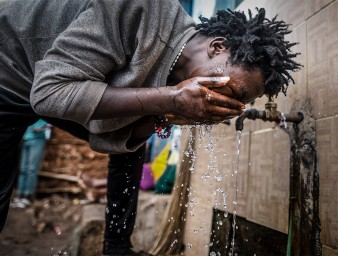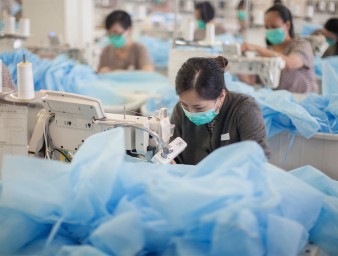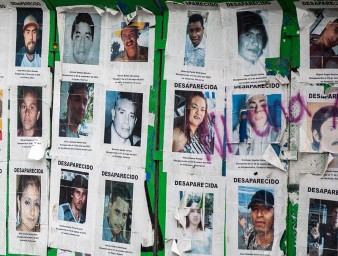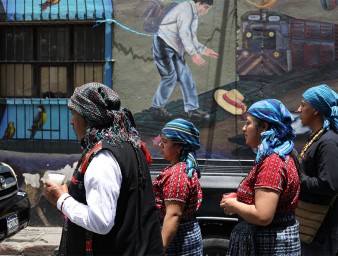“We are erased.”
10 October 2022
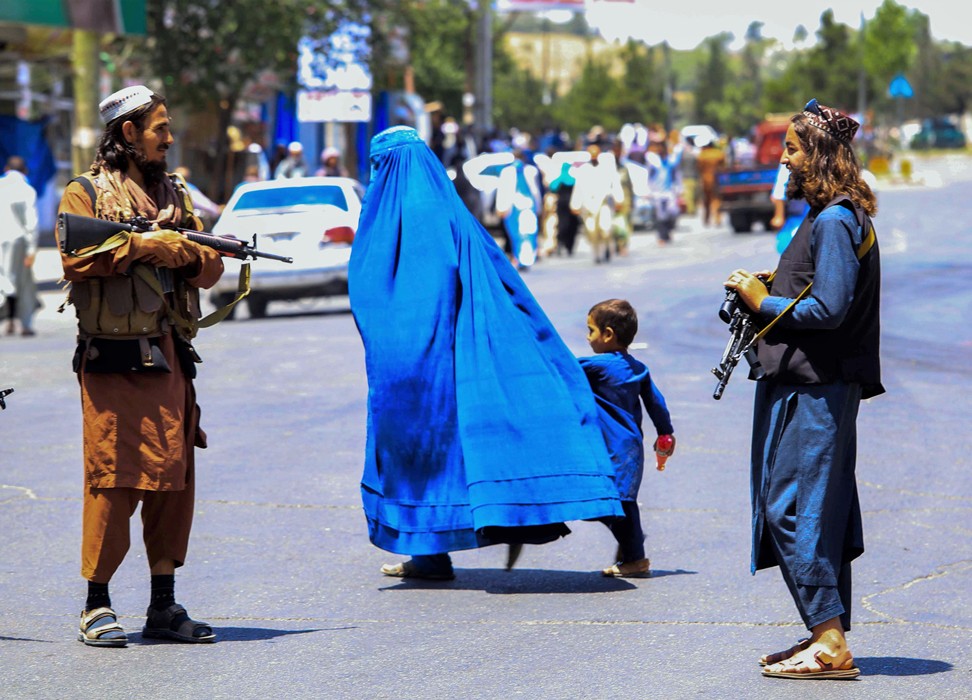
“We are erased,” said Mahbooba Seraj, a human rights activist from Afghanistan. “Today the human rights in Afghanistan does not exist. Women of Afghanistan do not exist for the Taliban.”
Seraj is an Afghan women’s rights activist based in Afghanistan. She chose to stay in the country after the Taliban takeover to be a witness of what was going to be happening and be able to tell the world about it, she said. Seraj was one of the speakers during a discussion on the plight of women and girls in Afghanistan during the Human Rights Council.
Since the Taliban took power in August 2021, the human rights situation of women and girls in Afghanistan has deteriorated. The Taliban have “deprived women and girls of their human rights, removed women from spheres of public life, and undone women’s agency” said Ilze Brands Kehris, Assistant Secretary-General for Human Rights.
“Women have nowhere to go to seek justice and redress in today’s Afghanistan,” she said.
In July 2022, the Human Rights Council adopted a resolution on the situation of human rights of women and girls in Afghanistan, in which OHCHR was requested to organize an enhanced interactive dialogue in its upcoming session to shed light on the situation of human rights of women and girls in Afghanistan. The discussion took place following an interactive dialogue with the SR on Afghanistan where he presented his first update and report on the situation of human rights in Afghanistan.
Nowhere else in the world has there been as widespread and all-encompassing a rollback, stated Richard Bennet, Special Rapporteur on Afghanistan.
“Edicts have been imposed that not only restrict women and girls’ daily lives; they rob them of their futures and strip them of their identity and dignity,” said Bennet.
In his report, Bennet states that within the last 13 months, there has been a “staggering regression in women and girls’ enjoyment of civil, political, economic, social and cultural rights.”. Several edicts and decrees have been put into effect that have limited women’s and girls’ rights, including suspension of secondary education for girls, enforcing mandatory hijab wearing in public, and banning women from traveling without being accompanied by a close male family member (mahram).
“
In the matter of 24 hours, I saw a democracy that the world worked on for 20 years disappear.
“
Mahbooba Seraj - Afghan women’s rights activist based in Afghanistan
Women belonging to ethnic, religious, or linguistic minority groups, as well as women with disabilities, and women without male family members have been suffering from intersectional discrimination, Brands Kehris said.
The increasing constraints on women’s freedom of movement have significantly affected their ability to access health care and education, earn a living, seek protection and escape situations of violence, the report states.
Moreover, the Taliban have dissolved human rights oversight mechanisms, such as the Afghan independent Human Rights Commission and dismantled specialized courts for gender-based violence and victims support services, Brands Kehris added.
“Their subjective and extremist interpretation of Islam is antithetical to the international human rights law, their draconian misogynistic form of rule does not reflect our religion, our culture and our values,” said Nasir Andisha, Ambassador and Permanent Representative of Afghanistan to the UN. Afghan diplomatic missions continue to represent the former government of Afghanistan, as the international community has not yet recognized the Taliban as the official government of Afghanistan.
Bennett stressed that the country must comply with its international obligations on the Convention on the Elimination of all forms of Discrimination Against Women (CEDAW) and the Convention on the Political Rights of Women.
“The de facto authorities must change their policies and uphold women’s human rights, if they don’t change, they must be held do account,” he said.
Seraj said the international community needed to take a more public stand to help Afghan women and girls.
“There is a saying in my country that goes: Don’t kill me and don’t cry for me. That’s what the world is doing for us,” she said.
